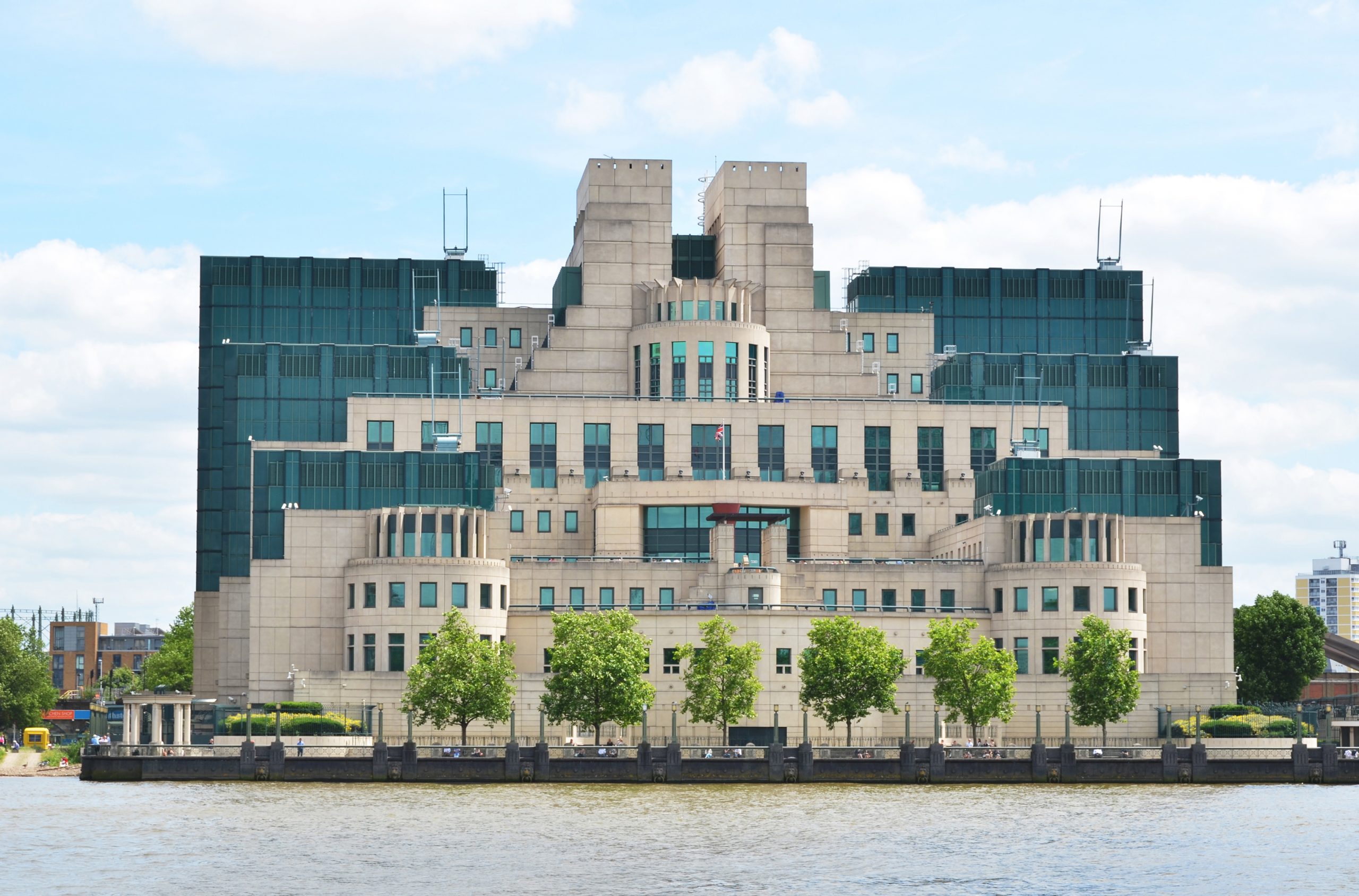The UK National Security Bill 2023 may ultimately prove to be one of the most consequential and far reaching pieces of legislation in living memory; both in terms of its deleterious impact on whistleblowing, leaks and public interest journalism as well as in terms of its expansion of state power, and its ability to undermine dissent and the right to seek out and impart information.
Truth Defence has published two articles following the development of this bill which currently stands at over 200 pages, with a further detailed analysis available via Consortium News.
There are a great many new powers which will be granted to state officials and police should this bill become law. These powers grant the state the ability to demand confidential information, including, in some cases, that which belongs to journalists, and retain or even destroy said information.
These powers, which have received little to no media coverage, have been briefly outlined below.
Expansive powers to demand information from civilians
The House of Commons created a new power for the Home Secretary.
Section 73 — Information Notices authorises the Home Secretary to issue an “information notice” to require disclosure of personal information.
Failure to comply with an information notice or disclosure order is a criminal offence, as is providing false, misleading or inaccurate information.
Section 77— Publication or Copying of Information
The Home Secretary can design further regulations pertaining to the publication or copying of information that she has demanded via an information notice (including, presumably, criminalising the publication of information demanded by the Home Secretary or even that an information notice has been issued).
There are other powers which have received less scrutiny in the media and so are worth listing briefly below.
They permit police constables (in England, Wales and Northern Ireland) and in the Lord Advocate (in Scotland) and the Home Secretary — under certain circumstances — to demand that individuals disclosure certain information or provide access to a property and criminalise the refusal to do so without a reasonable excuse.
Empowers the police to obtain an order to demand an individual to provide access to or otherwise disclosure private materials (other than materials they would be legally entitled to refuse access to such as legally privileged or confidential journalistic materials).
Schedule 2, Part 1, Paragraph 3 and 4 — Confidential material: production order
Empowers the police to obtain a court order to demand an individual provide material, or access to material or information as to materials possible location within seven days of the order. As per Paragraph 5, while these orders don’t apply to legally privileged information they do apply to other information which might otherwise be protected or restricted by way of law.
Schedule 2, Part 1, Paragraph 9 — Confidential material: search, seizure and retention
Empowers police to obtain a court order to search and seize materials if the court is satisfied that a production order has not been complied with.
Schedule 2, Part 1, Paragraphs 10—Explanation of Material
Empowers a police constable to obtain a court order to demand an explanation of material seized via a warrant under paragraph 2 or 9 or obtained under paragraph 3 or 4.
Schedule 2, Part 1, Paragraph 11
Creates an offence to provide a false or misleading statement or being reckless when providing such false or misleading information as when complying with an order made under Paragraph 10.
Schedule 2, Part 1, Paragraph 12 — Urgent Cases
Empowers a police superintendent to authorise a police constable to search or seize materials — non-confidential and confidential — akin to the powers granted to a judge to make an order under Schedule 3, Part 1, Paragraphs 2 and 9.
A police constable can not be authorised to retain “confidential journalistic material” under this paragraph. Yet, paradoxically, Paragraph 13 empowers a police constable to obtain a warrant to retain confidential material which is seized under Paragraph 12 and Paragraph 14 authorises a police superintendent in a case of “great emergency” to demand an explanation for material sized under Paragraph 12.
Furthermore, the term “confidential material” in this bill includes “confidential journalistic material” and “protected material”, meaning police can potentially still get their hands on confidential journalistic material.
All of these powers have a raft of conditions which must be satisfied in order to be applied.
Interpreting these new powers and the appropriateness of their application in each circumstance will no doubt challenge even the most skilled of legal professionals, and result in a raft of appeals and clarifications over the years. But their overall effect is clear: the ability of individuals to retain confidential materials and to keep silent should they be questioned over them will be greatly diminished should this bill pass. This will include journalists’ ability to protect their sources and pursue sensitive investigations.
A subsequent Truth Defence article will address the entirely new offences established under the category of “Foreign Interference”.
Mohamed Elmaazi
Mohamed Elmaazi is the new Editor-in-Chief of Truth Defence. He is a UK-based researcher and journalist who writes on a variety of subjects including geopolitics and legal encroachments upon on civil liberties and human rights. Mohamed has covered all of Julian Assange's extradition hearings. His work has appeared in numerous outlets including The Dissenter, Consortium News, Jacobin, The Canary, The Grayzone, The Real News Network, the BBC and The Guardian. He also publishes articles via his website TheInterregnum.net. You can follow him on Twitter @MElmaazi.

